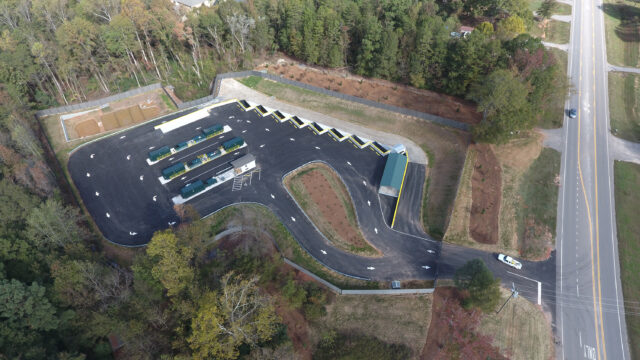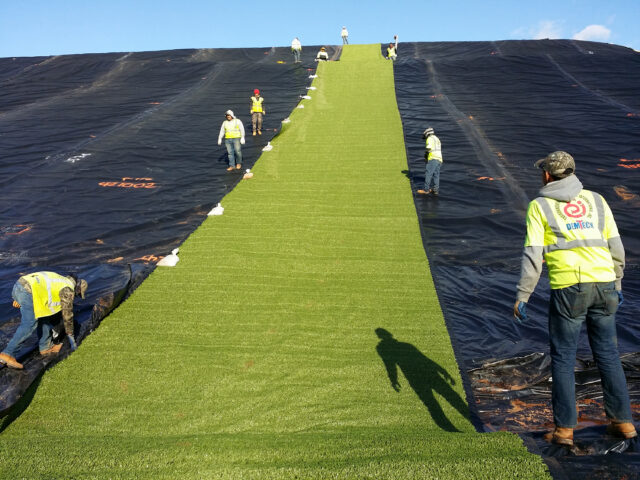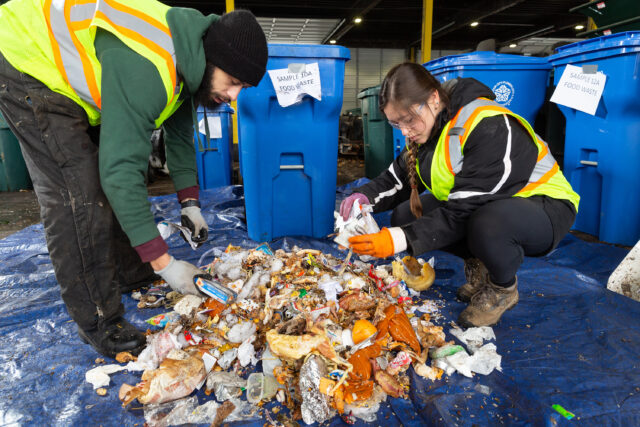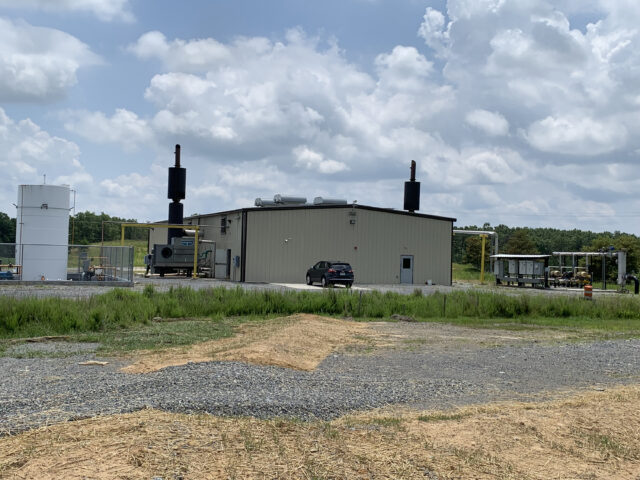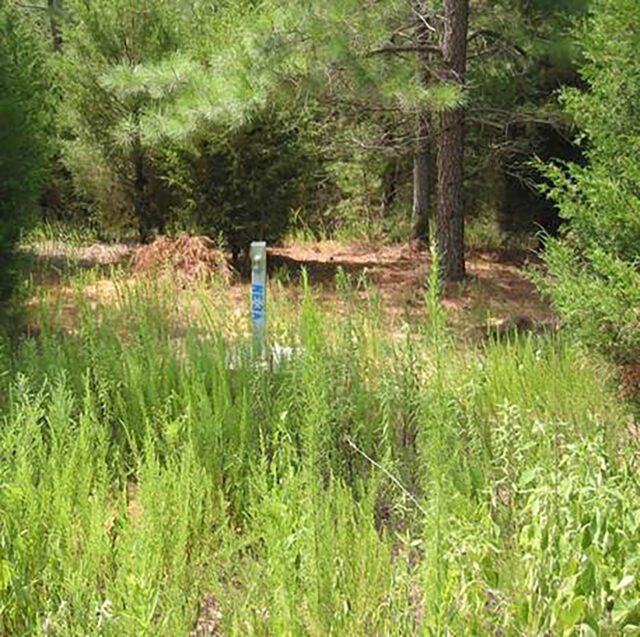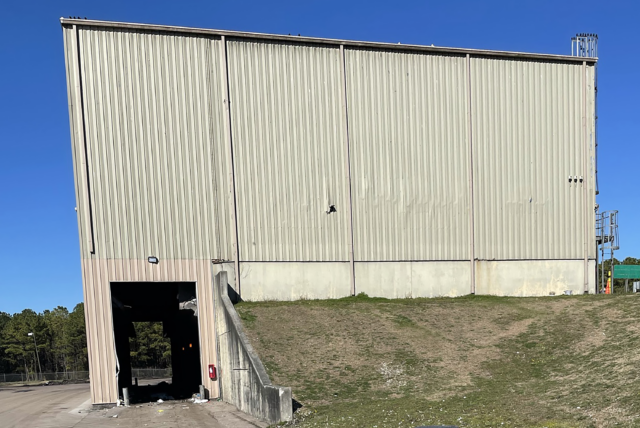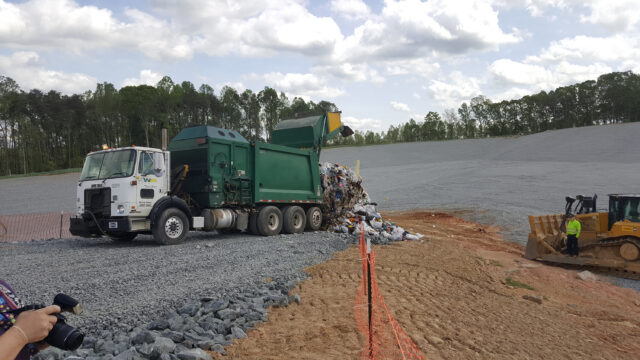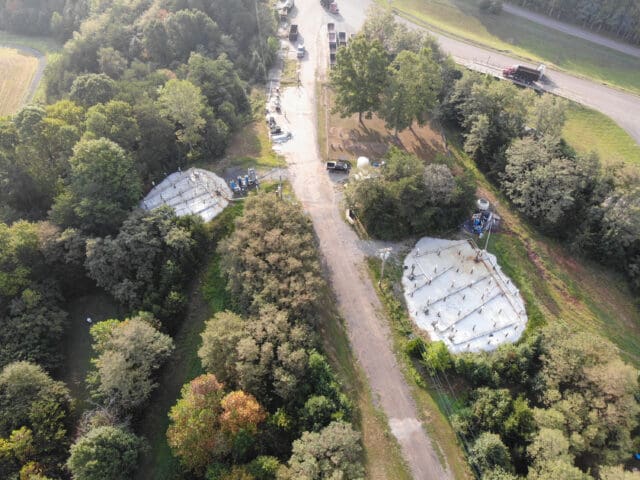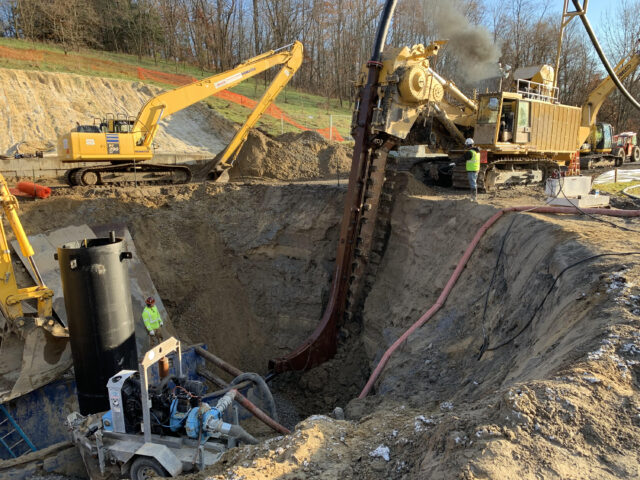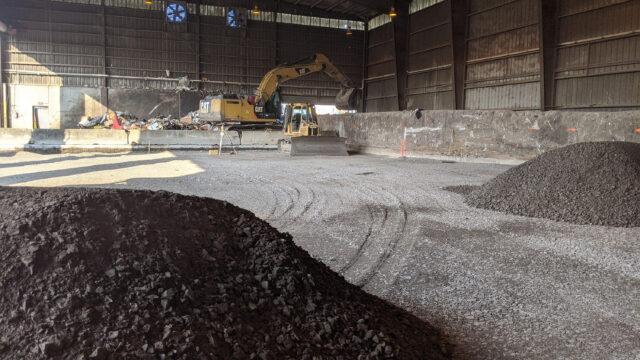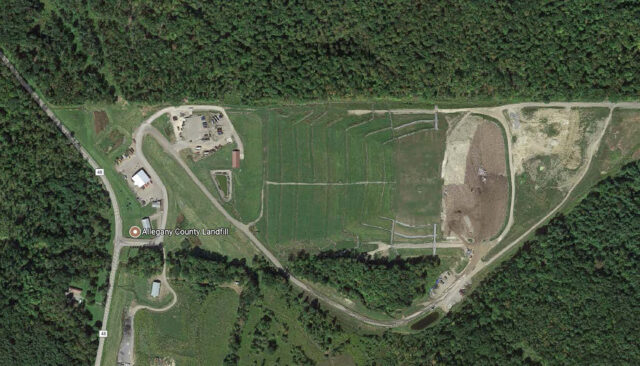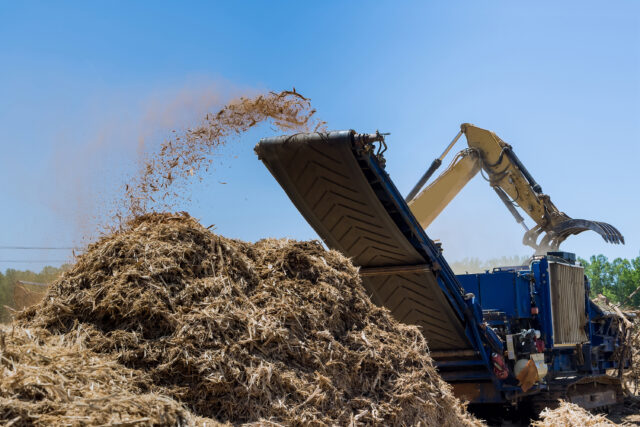
Solid Waste Engineering Services for Rainbow Falls and GreenGo – Aiken and Graniteville, SC
Expanding Landfill and Composting Facility Capacity Through Permitting
LaBella has been providing solid waste services to Rainbow Falls since 2014.
Landfill Permitting & Design
We prepared a major permit modification for Rainbow Falls, a Class II landfill in Aiken, South Carolina. The major permit modification application, which expanded the existing Class II landfill to maximize the disposal capacity of the site, was submitted to the South Carolina Department of Environmental Services (SCDES) in February 2020 and approved in December 2021.
The landfill expansion area consisted of approximately 24.8 acres of horizontal expansion and 47 acres of vertical expansion to the existing landfill. The landfill footprint increased from 50 acres to approximately 71.8 acres. As part of the expansion, LaBella lowered the base grades of the existing landfill phases and increased the overall height of the facility.
As a result, the facility gained 14.1 million cubic yards of gross disposal capacity and increased its life expectancy to approximately 63 years. Additionally, the facility gained approximately 5.28 million cubic yards of material to be excavated to achieve the design grades. The material is processed to meet SCDOT specifications and sold for use on SCDOT projects, providing additional profits for the facility.
Type III Compost Permitting
In 2021, LaBella prepared a Type III composting permit application for GreenGo Recycling, LLC, a composting facility in Graniteville, South Carolina. The permit for the Type III composting facility was issued by the SCDES in February 2022. As a result of the permit application, the facility is allowed to accept Category I, II, and III feedstocks for processing.
This application was a modification to the Type II composting permit that LaBella prepared in 2015. The facility operated as a Type II composting facility prior to the recent approval of the Type III permit application, which allows the facility to start accepting Category III feedstock (e.g., organic residuals), in addition to Category I and II feedstocks.
